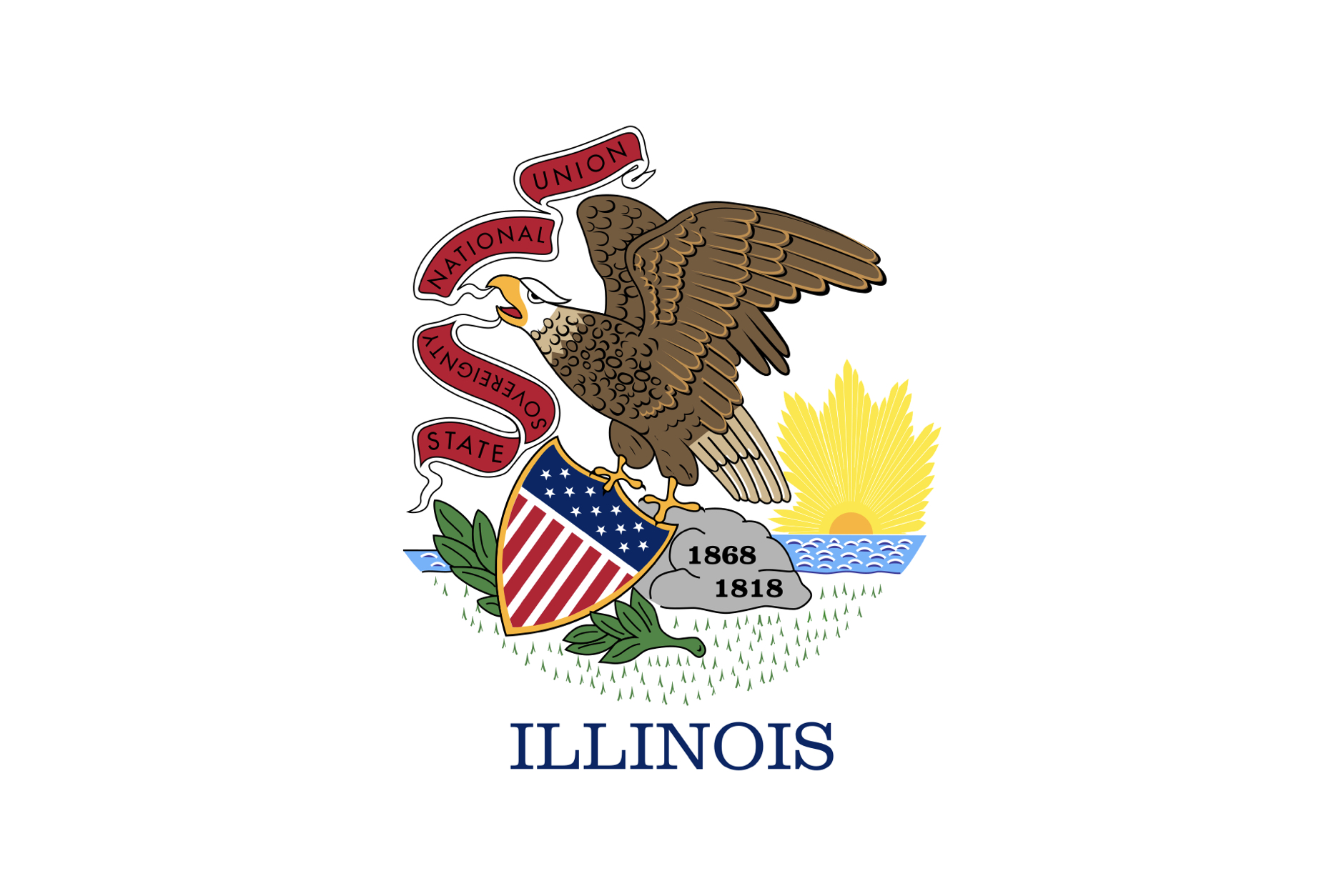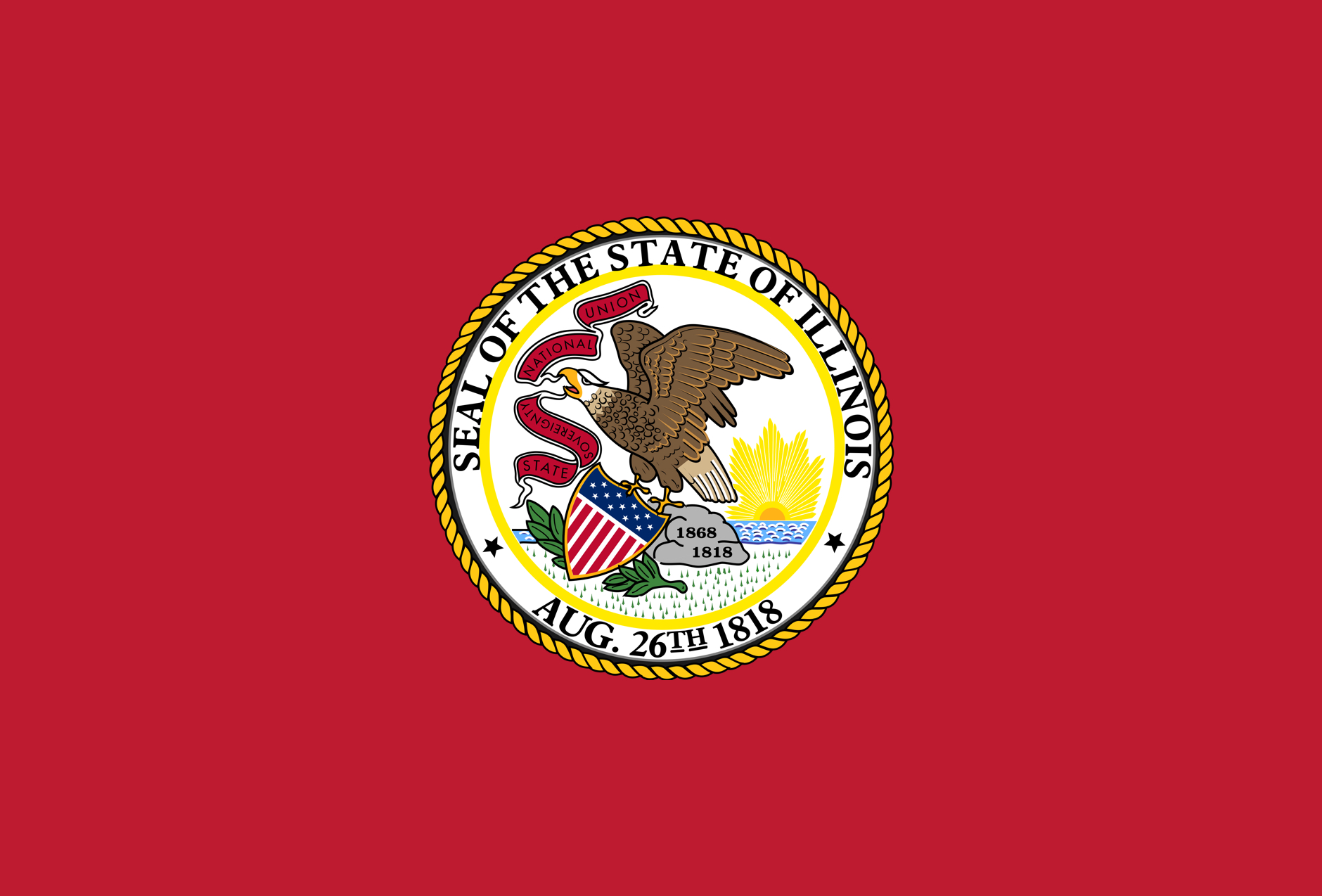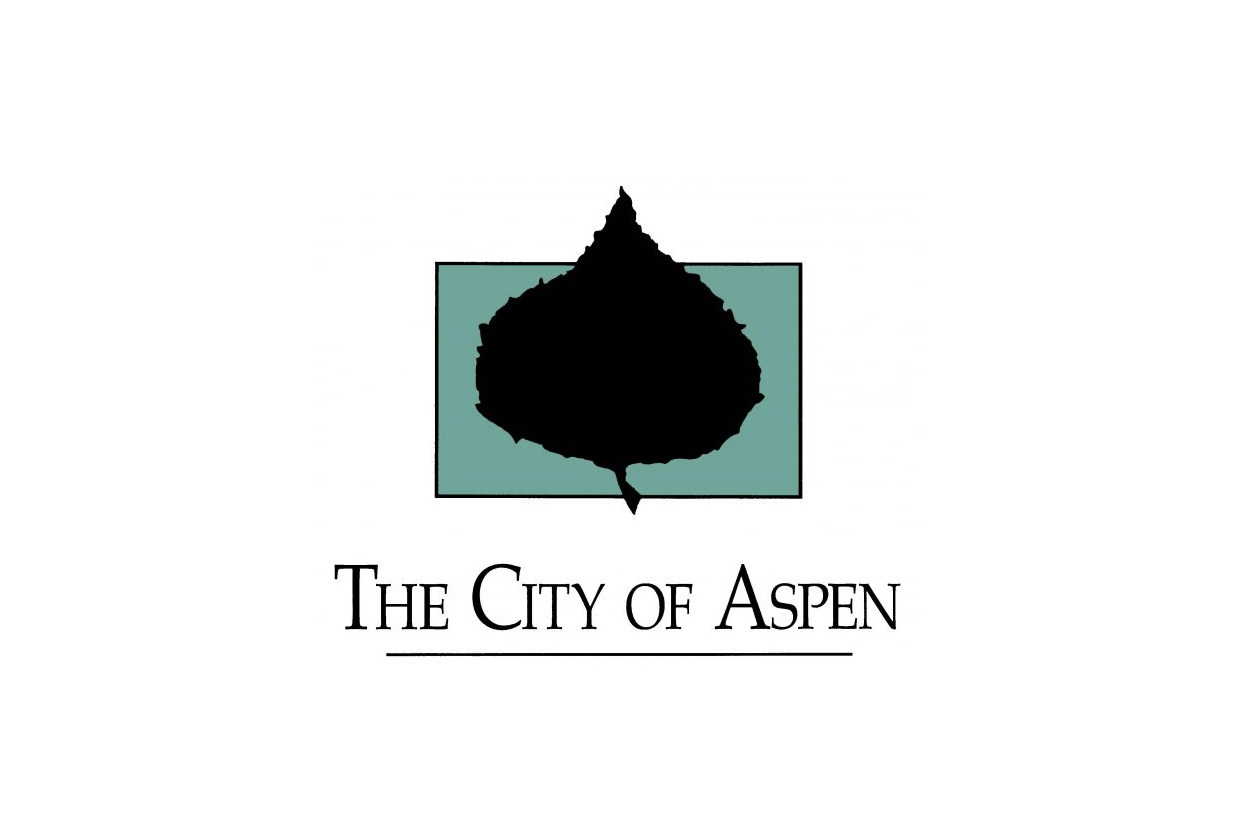A bill filed in the Illinois Senate seeks to ban flavored tobacco products, something that isn’t all that groundbreaking. However, the bill also includes a provision that would ban tobacco products that also contain THC.
S.B. 3854, a bill introduced by Sen. Julie A. Morrison, D-Lake Forest, would ban the sale of flavored tobacco products as well as flavored e-cigarette products. In addition, the bill would also ban any tobacco product that also contains tetrahydrocannabinol (THC), the main psychoactive component found in marijuana. Retailers caught in violation of S.B. 3854 would be fined $100 for a first offense, $250 for a second offense within two years, and $500 for a third offense. The retail fines are on a per-instance basis, meaning that if a retailer was caught selling a total of 10 products that violate the statute, the fine could be $4,350. Distributors and manufacturers caught violating the proposed law could be fined up to $50,000 per brand.
S.B. 3854 has no co-sponsors.
It remains unclear how many products would be affected by the THC portion of the law. While there is at least one traditional cigar that contains THC, there does not seem to be much interest from cigar companies for offering these products likely given federal laws surrounding cigars. There is not a known FDA ruling on the matter but cigars mixed with THC would presumably not qualify as “premium cigars” per a definition FDA submitted provided as part of a court ruling. FDA requires all “premium cigars” to meet eight requirements, adding THC would likely violate two of those eight standards:
- does not have a characterizing flavor other than tobacco;
- contains only tobacco, water, and vegetable gum with no other ingredients or additives;
If a cigar does not meet the definition of “premium cigar,” it would then be subject to FDA’s existing requirements for premarket approval, meaning companies would have needed to submit the product for FDA approval in September 2020.
From there, the process of approval gets even trickier because of questions over THC’s legality. It seems unlikely a cigar could qualify as a “grandfathered” product—a process where a company states the product was marketed prior to Feb. 15, 2007—because cannabis remains a federally illegal product and hemp-derived THC remained illegal at the federal level until December 2018. This means while a company theoretically could have been marketing a THC-infused tobacco product prior to Feb. 15, 2007, it would likely be admitting to violating other federal laws.
If a product is not eligible to be approved via a “grandfathered” status, it would then need to be approved through substantial equivalence, a process by which a company says that a product is substantially equivalent to an already-approved product. This seems unlikely given it would almost certainly require FDA to approve at least one tobacco product that contained THC, something there’s no evidence the agency has done. If the products cannot be approved by either “grandfathered” status or substantial equivalence, the products would need to apply under a process known as premarket tobacco product application (PMTA), a process that FDA says is substantially more expensive and time-consuming than the other two pathways.
For its part, Jas Sum Kral—a company that sells cigars infused with both CBD and THC—has previously told halfwheel that it has submitted the required paperwork to FDA and is awaiting approval from the agency. FDA has said that products awaiting marketing orders from the agency can remain on the market until the agency says otherwise about a specific product.
FDA has approved one product that is derived from cannabis and three “synthetic cannabis-related drug products” though none contain tobacco and all require a prescription.



